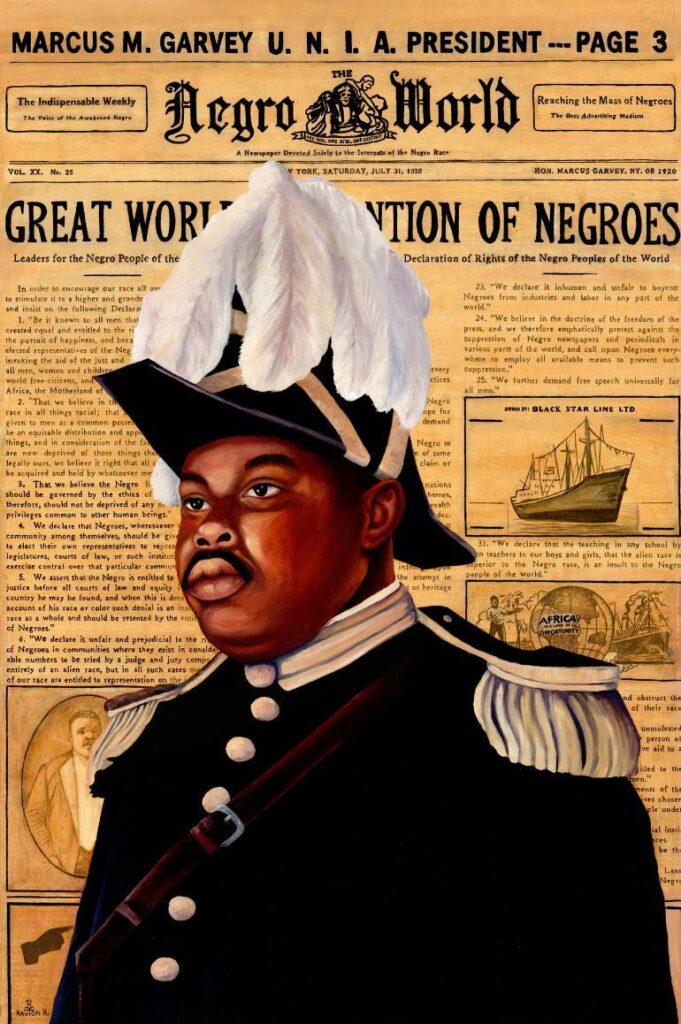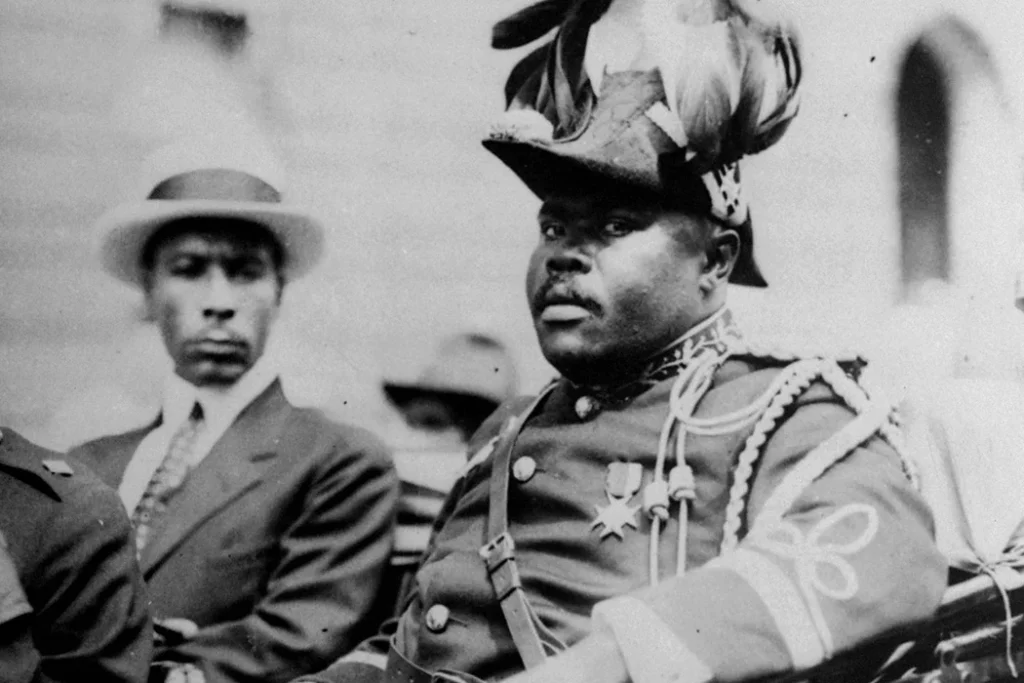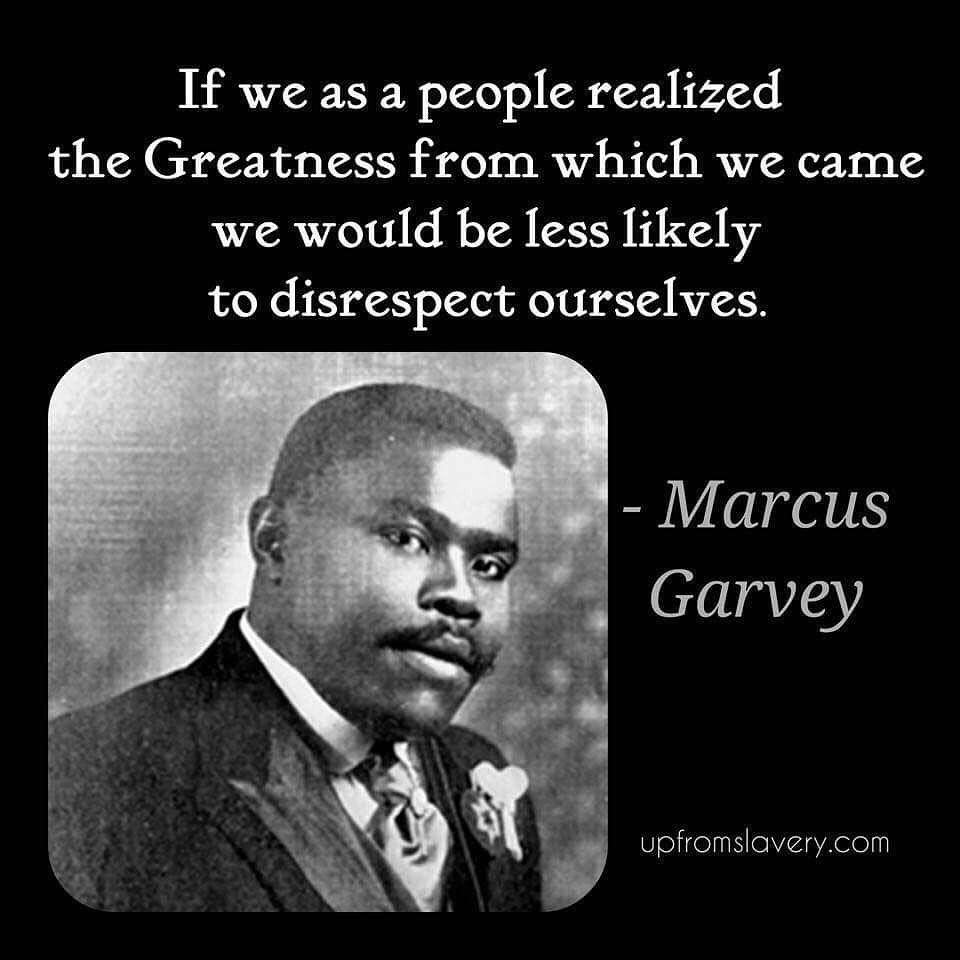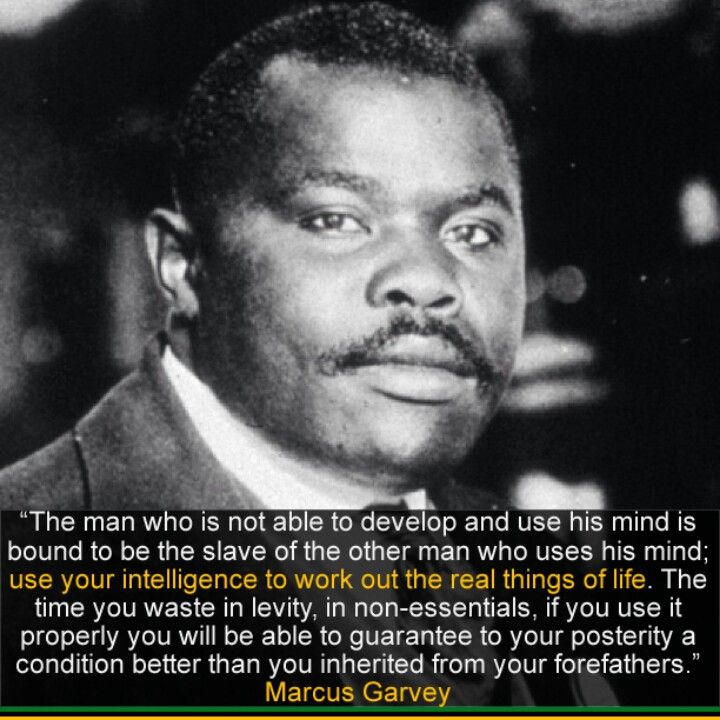
October 1919 stands out as a critical moment in the life of Marcus Garvey, the indomitable leader of the Pan-Africanism movement. It was during this month that Garvey faced a harrowing assassination attempt that would leave an indelible mark on his legacy.
The scene unfolded in the heart of Harlem, New York, where Garvey's Universal Negro Improvement Association (UNIA) office served as a hub of Black empowerment and activism. George Tyler, reportedly acting on behalf of a powerful adversary, brazenly entered the UNIA premises and confronted Garvey. Armed with a .38-caliber revolver, Tyler unleashed a barrage of gunfire aimed at Garvey, intent on silencing his voice of resistance.

The shots rang out, shattering the calm of the office. Garvey, the unwavering champion of Black liberation, found himself in the crosshairs of violence aimed at stifling his advocacy. Miraculously, despite being targeted with four bullets, Garvey survived the onslaught. However, he bore the scars of the attack, sustaining wounds to his right leg and scalp.
The aftermath of the assassination attempt was marked by shock, speculation, and lingering questions. Who was behind the attack, and why did they seek to silence Garvey's voice? The assailant, George Tyler, was swiftly apprehended, but his motives remained shrouded in mystery. Tragically, Tyler's life ended in a jail cell, as he took his own life, leaving behind a veil of uncertainty surrounding his actions.

For Marcus Garvey, the attempt on his life served as a stark reminder of the perils inherent in challenging the status quo. As a tireless advocate for Black empowerment and self-determination, Garvey understood the risks associated with his activism. Yet, he refused to be cowed by fear or intimidation, emerging from the ordeal with a renewed sense of purpose and resilience.
Just five days after the assassination attempt, Marcus Garvey, undeterred by his injuries, delivered a public speech in Philadelphia, demonstrating his unwavering commitment to the cause of racial justice. His remarkable courage and steadfast determination in the face of adversity inspired countless others to join the fight for equality and liberation.

The assassination attempt on Marcus Garvey serves as a stark reminder of the sacrifices made by trailblazing leaders in the struggle for justice. Garvey's survival symbolizes the resilience of the human spirit in the face of oppression, and his legacy continues to inspire generations of activists and freedom fighters around the world.
As we reflect on Black History Month, let us honor the memory of Marcus Garvey and all those who have courageously stood up against injustice, reaffirming our commitment to building a more equitable and inclusive society for future generations.
